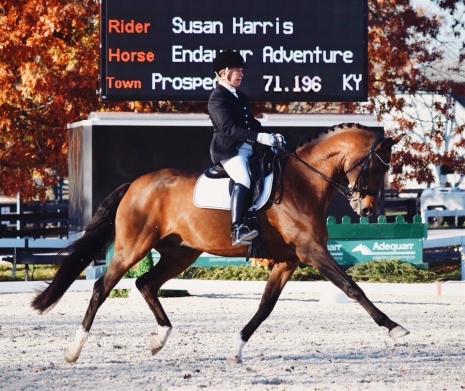MENU
- HORSES FOR SALE:
- Dressage
- Eventer
- Hunter
- Jumper
- Ponies
- Sport Horse Showcase
- Advanced Search
- Quick Search
- HORSES FOR LEASE:
- Advanced Search
- Quick Search
- RESOURCES:
- Articles
- FAQ’s
- Fraud
- Privacy
- Terms of Use
Articles
Equestrian Articles, News and Events
There are no articles at this time. Please try back later.







 Latest Horses for Sale and Lease
Latest Horses for Sale and Lease
